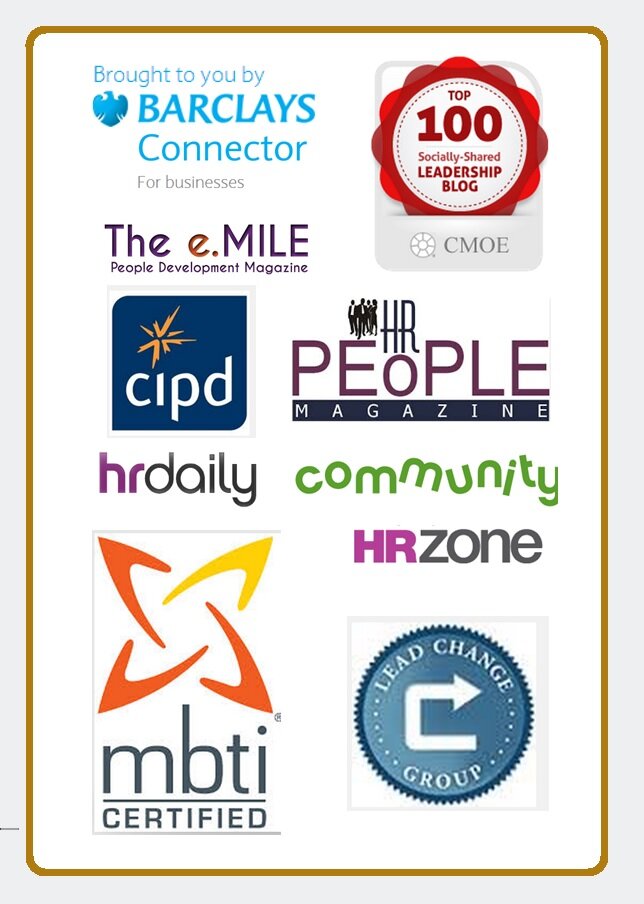 Understanding how people tick is essential for a leader, especially at the level of our beliefs.
Understanding how people tick is essential for a leader, especially at the level of our beliefs.
Beliefs create our individual and collective worlds. Millions of pieces of information are available to us at any one time. Our beliefs and the parameters which are then laid down by our beliefs determine which pieces of information we receive. Our beliefs determine which pieces of information we accept or reject. If we don’t believe it, then we simply don’t perceive it, or won’t allow ourselves to perceive it. In the words of the song
“No matter what they tell us No matter what they do No matter what they teach us What we believe is true” Beliefs come in all sorts of packages and create all kinds of effects in our lives.
- When conflicting beliefs come into our awareness it can create confusion
- Holding opposing beliefs at the same time can cause internal conflict
- Limiting beliefs can prevent you receiving what you want
- Subconscious beliefs appear to control your behaviour and make you feel helpless
- You can bring subconscious beliefs into your awareness
- You can choose your beliefs. No belief is ever fixed
- The key to changing your world and experience is to change your beliefs
- How you interpret reality around you can inform and shape your beliefs.
- Beliefs are simply an interpretation that you choose to determine as true
- Beliefs can be changed.
When a leader or manager understands the process to go through to challenge limited beliefs, then they have the key to secure positive change for the greater good. I’m not suggesting that it is a leader or manager’s job to change people’s beliefs. And certainly we need to make sure we respect people’s beliefs, particularly in the arena of equality. However a good leader or manager will understand the effects of limiting beliefs and understand the process of undoing them.
People act and react in accordance with their beliefs and uncovering those beliefs to enable positive growth is extremely powerful. Brainwashing people or trying to force people down a different route is not ethical, and it is not what I am suggesting. Everyone has a free will, and this must be respected. But it is useful to know, how and what you need to do to understand when your employees are holding unhelpful beliefs about themselves or others. Being aware that these beliefs can be changed can help you to influence and persuade employees to adopt more positive beliefs.
I’ll give you an example. I worked hard for a couple of years engaging with a particular team and helping them to think and feel like a successful highly motivated team. In those days I was pretty idealistic and hoped that I would win everyone over, and that everyone would enjoy working in the team. But there was a core of people, who no matter what, were still unhappy. They habitually criticised and caused negative waves. Simply put, they had fixed beliefs about their working lives and maintaining their belief was more important to them then changing beliefs.
I was talking to one of the employees who could be particularly negative. I asked her why she seemed so resentful and was there something I was doing which was causing this particular resentment? Her reply was a real eye-opener. She told me that it was nothing to do with me at all. I had come in and she observed that I was trying to get the team on board. However, she didn’t like management, never had and never would. She went as far as to say that nothing I would ever do would persuade her otherwise!
We did come to a somewhat uncomfortable compromise in the end, which limited her impact in terms of negativity within the team and how our relationship would work in the workplace given her fixed and unrelenting views. Not ideal, but then, not my job to change her beliefs.
The real power of understanding beliefs and belief systems is when managers are instigating change. Work on drawing out existing individual and team beliefs and then understanding how to help people see things through a different lens for the better within the workplace is the key to fundamental and lasting success.
Encouraging employees to reach positive beliefs about themselves, their contribution and the meaningfulness of your vision and task are the building blocks to brilliant success.
Incidentally for the sake of clarification: in the Equality Act; belief is defined as “including philosophical beliefs, such as humanism, which are considered to be similar to a religion. Other categories of beliefs, such as support for a political party, are not protected by the Equality Act.” This is not what this blog is about.
This blog underpins the work being developed for my leadership programme which will be released later this year. If you’d like to be updated when this is available,
If you are a leader, you are continually developing and "Sharpening the Saw". If you lead and manage teams, then you must read about our Inspirational New Leadership Programme. Sign up now to find out more details when we launch in July 2014. There is no obligation to undertake the programme, if you sign up today, you will simply be sent more information about the programme. You can unsubscribe at any time! Click below to register for further information.







 p positions for learning and software/technology companies. Having won numerous global blue-chip customers, Richard successfully managed global client teams to service and grow these accounts. His passion is in crafting solutions designed to solve complex business challenges, always with the goal of creating win-win and long-term value.
p positions for learning and software/technology companies. Having won numerous global blue-chip customers, Richard successfully managed global client teams to service and grow these accounts. His passion is in crafting solutions designed to solve complex business challenges, always with the goal of creating win-win and long-term value.


